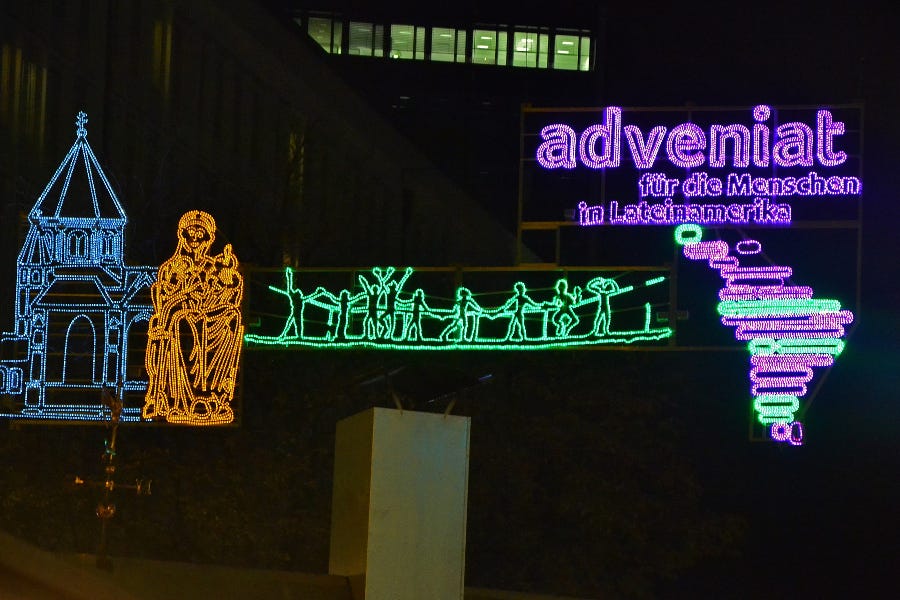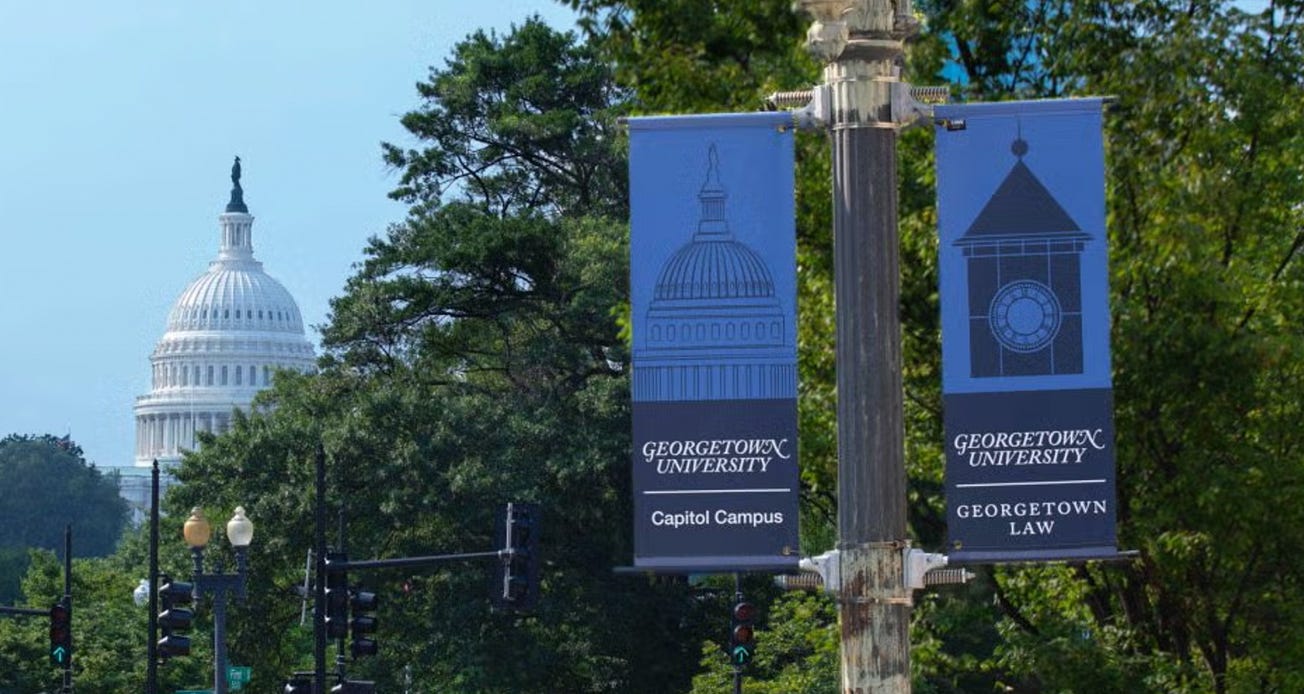The Catholic Church in Germany’s support for aid projects worldwide fell by almost 50 million euros in 2023, according to figures released Thursday.

An annual report published in Bonn July 11 showed that the Church in Germany gave 624 million euros (around $679 million) to overseas projects last year.
That marked a drop of 49 million euros ($53 million) compared to 2022, when giving rose to a record 673 million euros ($732 million), spurred by the Ukraine war.
The shortfall in funds may be felt in Africa, Asia, Latin America, and Eastern Europe, where many projects rely on the Church in Germany’s financial support.
Germany is home to some of the world’s biggest Catholic charities, including Adveniat, which operates in Latin America and the Caribbean, Misereor, which focuses on serving the poorest of the poor, and Renovabis, which helps people in Central and Eastern Europe.
Caritas in Germany, which has almost 700,000 employees, works with Caritas partner organizations in Africa, Asia, Latin America, and Eastern Europe.
The decline in aid funding in 2023 coincided with a fall in church tax income in Germany in the same year.
According to figures released July 8, the Germany Church received around 330 million euros (roughly $357 million) less in 2023 from church tax, compared to 2022.
The church tax accounts for a significant portion of the hundreds of millions given to aid projects each year by German Catholic dioceses, religious orders, and relief agencies.
Catholic leaders expect church tax income to fall significantly in the coming decades due to the hundreds of thousands of Catholics formally disaffiliating from the Church in Germany each year.
The new “Universal Church Annual Report” said that the total of 624 million euros in 2023 had “mainly come from donations and church tax.”
“Public funds also flow into development and emergency aid projects,” noted the report, issued by the Universal Church Conference, a body established by the German bishops’ conference in 2011.
Germany’s 27 dioceses are funded largely via the church tax, collected on their behalf by state authorities from the paychecks of employees registered as Catholics.
In 2023, dioceses gave Catholic aid organizations and religious orders 55.8 million euros, both individually and via a common fund known as the Association of the Dioceses of Germany (VDD).
The dioceses gave an additional 54.9 million euros directly to Church partners in the developing world.
Public funds, from sources such as Germany’s Federal Ministry for Economic Cooperation and Development (BMZ) and the European Union, accounted for a further 211 million euros.
The BMZ’s budget for 2025 is expected to be 10.3 billion euros, around a billion less than in the current fiscal year. The cut is likely to have a knock-on effect on projects supported by the Church in Germany.
Meanwhile, the Vatican is facing a decrease in German donations. Contributions to annual Peter’s Pence collection from Germany have fallen from 4.9% as a share of all global contributions in 2021, to 3% in 2022, to a low of 2.7% in 2023.
In addition to Peter’s Pence offerings, German dioceses give around 5 million euros a year to the Holy See.
The new report underlined the extent of German Catholic support for development work worldwide.
The continent that received most from the total of 624 million euros in 2023 was Africa, which gained 215 million. Asia received 151 million, Latin America 150 million, and Europe 85 million.
German missionaries serving abroad fell from 1,250 in 2022 to 1,197 in 2023. They comprised 976 members of religious orders, 123 priests, and 98 lay missionaries.
Around 44% of German missionaries are based in Latin America, 39% in Africa, 8% in Oceania, 7% in Asia, and the remainder in Eastern Europe,
In the new report’s introduction, Bishop Bertram Meier said that the figure of 624 million euros “illustrates the impressive scope of the Church’s global commitment, even if it remains below the record levels of previous years.”
“The funds for this come mainly from Church sources. Development and emergency aid projects are also subsidized with public funds,” said the Bishop of Augsburg and chairman of the Universal Church Conference.
He added: “It should be noted that projects carried out by parishes, Church schools, and associations independently of aid organizations or religious orders cannot be recorded here. This means that the extent of aid and partnerships goes beyond what this report can present.”




